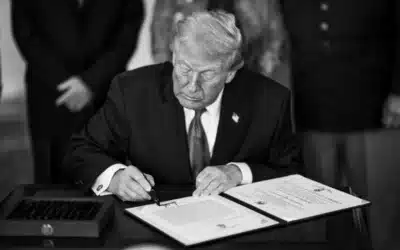As Israel is set to invest hundreds of millions of dollars into its domestic bomb-manufacturing capability to reduce its dependence on the US, incoming President Donald Trump’s return to office may create issues with Tel Aviv’s plan.
Last week, Tel Aviv announced it would invest $275 million to produce heavy bombs in Israel. Defense Ministry Director General Eyal Zamir said, “This is a central lesson from the war that will enable the IDF to continue operating powerfully in all theaters.”
Israel imports over 75% of its weapons from the US, including bombs, shells, and aircraft. Israeli officials have admitted that if Washington cut off the flow of arms to Tel Aviv, the Israeli operations in Gaza would grind to a halt within a few months.
Efraim Inbar, president of the Jerusalem Institute for Strategy and Security, told the Washington Post that Israel has been happy with this agreement as it is cheaper to use US provided military assistance to buy the bombs from American arms makers than it would be to produce the weapons in Israel.
While the Joe Biden administration largely gave Israel unfettered military support, including $22 billion in aid, at times, the White House did delay a shipment of 2,000-pound bombs to Israel. The move to increase domestic munitions production is viewed as insulating Tel Aviv from this form of pressure from Washington.
However, Trump taking office changes the relationship between Tel Aviv and Washington. Trump has branded himself as Israel’s “best friend.” He has also threatened to escalate the war in the Middle East, asserting there would be “all hell to pay” if hostages are not released by the time he takes office.
Additionally, during Trump’s first term, he made clear that he valued countries that bought weapons from the US. The Quincy Institute’s William Hartung told the Post, “Trump likes to pose as the ultimate dealmaker, and during his first term, he touted how US arms sales support jobs in America.” Hartung added, “Letting Israel spend US aid to bolster Israel’s arms sector rather than to buy weapons from US firms runs counter to his usual approach.”

































